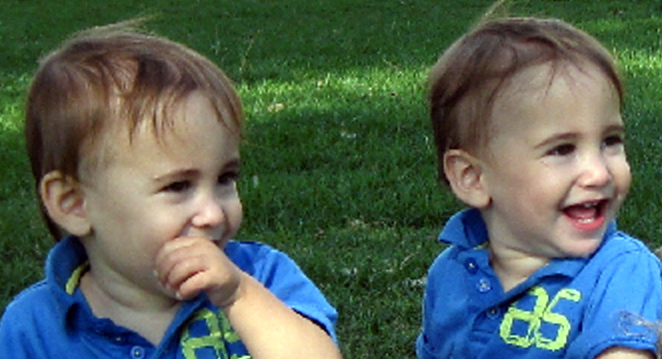Cardozo Academy Let it be said. Jonathan Sacks has been a rebellious chief rabbi. Now that he is stepping down, we had better keep an eye on him and hope he will become even more of an insurgent.
Over the years, most of us rabbis have become irrelevant on a global level. But isn’t that what we craved? Yes, we wanted to be spiritual leaders and teachers of our communities, serve our congregants, and become heads of yeshivot. Some of us did very well. But we shunned the idea of going beyond this noble task and taking on the world. We preferred to stay put, teaching conventional Judaism, creating our own comfort zone where our beliefs would not be challenged; where we wouldn’t get upset or begin having doubts and experiencing religious crisis. We wanted to ensure that Tradition would survive and be passed on to future generations. Once we succeeded in achieving that goal, we indulged ourselves in self-satisfaction, content with our own arguments, divrei Torah and Talmud classes. This was our Judaism.
The fact that outside our little world there was religious and moral turmoil was not our business. That religious faith was challenged as never before did not bother us. It was for the goyim to deal with. We buried our heads in the sand and lived happily ever after.
By doing so, though, we robbed the rabbinate of one of its most powerful tasks: to challenge, to disturb, to rebel and to send a strong, passionate message that is not always to our liking. After all, Judaism “is not a sustained, comfortable state of consciousness, but rather a painful, hard-worn and impermanent conviction—a breathing spell in the midst of an ongoing conflict” (*). Great Danish philosopher Soren Kierkegaard once observed that religion has to function like a thunderstorm, but that over the years it invented sundry lightening-conductors and lost its purpose. The same is true about the rabbinate. It has become a pleaser, a comforter, not a biting critic of our moral failure and our spiritual and intellectual mediocrity. It was not prepared to challenge its own institution, the Jewish tradition; it wouldn’t dare to take a fresh look at its holy texts, at Halacha, and at the spiritual conditions and needs of its own people. [...]
Over the years, most of us rabbis have become irrelevant on a global level. But isn’t that what we craved? Yes, we wanted to be spiritual leaders and teachers of our communities, serve our congregants, and become heads of yeshivot. Some of us did very well. But we shunned the idea of going beyond this noble task and taking on the world. We preferred to stay put, teaching conventional Judaism, creating our own comfort zone where our beliefs would not be challenged; where we wouldn’t get upset or begin having doubts and experiencing religious crisis. We wanted to ensure that Tradition would survive and be passed on to future generations. Once we succeeded in achieving that goal, we indulged ourselves in self-satisfaction, content with our own arguments, divrei Torah and Talmud classes. This was our Judaism.
The fact that outside our little world there was religious and moral turmoil was not our business. That religious faith was challenged as never before did not bother us. It was for the goyim to deal with. We buried our heads in the sand and lived happily ever after.
By doing so, though, we robbed the rabbinate of one of its most powerful tasks: to challenge, to disturb, to rebel and to send a strong, passionate message that is not always to our liking. After all, Judaism “is not a sustained, comfortable state of consciousness, but rather a painful, hard-worn and impermanent conviction—a breathing spell in the midst of an ongoing conflict” (*). Great Danish philosopher Soren Kierkegaard once observed that religion has to function like a thunderstorm, but that over the years it invented sundry lightening-conductors and lost its purpose. The same is true about the rabbinate. It has become a pleaser, a comforter, not a biting critic of our moral failure and our spiritual and intellectual mediocrity. It was not prepared to challenge its own institution, the Jewish tradition; it wouldn’t dare to take a fresh look at its holy texts, at Halacha, and at the spiritual conditions and needs of its own people. [...]




















